When choosing a mattress, one of the critical factors to consider is its firmness. The mattress's firmness determines how comfortable it feels and how well it supports your body while you sleep. This article will compare firm vs. medium firm mattresses to help you make an informed decision.
Understanding Firmness and Support
It's crucial to distinguish between mattress firmness and support. While support ensures proper spine alignment and pressure relief, firmness primarily relates to comfort and feel.
A firm mattress can still be comfortable, and a soft one can offer support—depending on your preferences, sleep style, and body type. The Sleep Foundation classifies individuals by weight:
- Lighter-weight sleepers: under 130 pounds
- Average-weight sleepers: 130-230 pounds
- Heavier-weight sleepers: over 230 pounds
We're not discussing weight in relation to height; rather, we're considering overall weight to identify whether you fall into the categories of lighter, average, or heavier-weight sleepers.
It's also crucial to understand that firmness and support are not the same thing. While support refers to how well a mattress keeps your body aligned and relieves pressure points, firmness relates to how comfortable the mattress feels when you lie on it. So, it's possible to have a supportive mattress that still feels plush and comfortable.
Understanding the Mattress Firmness Scale
Before we dive into the differences between firm and medium firm mattresses, let's take a closer look at the mattress firmness scale. This scale ranges from 1-10 (1 being the softest and 10 being the firmest). However, it's important to note that the firmness scale is not standardized across all mattress brands. A firmness rating of 5 on one brand's scale may differ from a 5 on another.
What Does a Medium Firm Mattress Feel Like?
A medium firm mattress offers a balance between softness and support. It generally falls around 6.5 out of 10 on the firmness scale. It provides a comfortable level of giving and contouring to the body while offering adequate support. It suits back sleepers who prefer a medium-firm to slightly firm feel. Lighter-weight back sleepers may go for a slightly softer option. The mattress responds to pressure with body cradling but still maintains good support.
How Does a Firm Mattress Feel?
A firm mattress feels more rigid and gives less than a medium firm mattress. It typically scores higher on the firmness scale, around 7 or above. A firm mattress offers a solid, sturdy sleeping surface with minimal sinking or contouring. It is often advisable for back sleepers who need extra support for proper spinal alignment. Stomach sleepers also prefer firmer mattresses to prevent excessive sinkage and maintain good posture during sleep. However, personal preferences vary, and some sleepers may find a firm mattress too rigid and uncomfortable.
Let's explore the pros and cons of each to help you make an informed decision.
Pros of Firm Mattresses
- Ideal for Stomach Sleepers: Firm mattresses provide excellent support for stomach sleepers by keeping the spine aligned and preventing sinkage.
- Support for Heavier People: Firm mattresses offer robust support, making them a favorable choice for individuals with a higher body weight. They help distribute the weight evenly, reducing pressure points.
- Cooler Sleeping Experience: Firm mattresses often have better airflow, allowing heat to dissipate more efficiently. This can help keep you cool throughout the night.
Cons of Firm Mattresses
- Not Suited for Side Sleepers: Firm mattresses may be too rigid for side sleepers, as they don't provide enough contouring and can put pressure on the shoulders and hips.
- Uncomfortable for Light to Average Weight People: A firm mattress may feel excessively hard and uncomfortable if you have a lighter body weight. It may not offer enough cushioning or conform to your body shape.
- More Motion Transfer: Firm mattresses tend to have less motion isolation, meaning movements from your partner can be more noticeable and potentially disrupt your sleep.

Pros of Medium-Firm Mattresses
- Balanced Support and Comfort: Best medium firm mattress balances support and comfort, catering to a broader range of sleeping styles. They offer a supportive surface while still allowing some contouring to the body's natural curves.
- Suitable for Various Sleep Positions: Medium-firm mattresses are versatile, making them ideal for back, stomach, and side sleepers. They provide enough support for proper spinal alignment while offering cushioning for pressure points.
- Better Motion Isolation: Compared to firmer mattresses, medium-firm ones often have better motion isolation. This means movements from a sleeping partner are less likely to disturb sleep, leading to a more peaceful rest.
- Adaptability: They tend to accommodate different body types and weights more effectively than extremely firm mattresses. This adaptability can provide a comfortable sleep surface for a broader range of individuals.
Cons of Medium-Firm Mattresses
- Not Extreme in Support: While they cater to a broad audience, medium-firm mattresses might not provide enough support for some individuals with specific preferences. Some people, especially those who prefer very firm surfaces, may find them lacking in support.
- May Not Alleviate All Pressure Points: A medium-firm mattress might not provide sufficient relief for individuals with specific pain points or joint issues. It's a middle ground and might not address extreme comfort needs.
- Preference Variation: Preferences for mattress firmness can vary among individuals. What feels medium-firm to one person might feel quite different to another, making it challenging to define its comfort level universally.

Firm Vs Medium Firm Mattress: Which is Better?
When choosing between a firm and medium-firm mattress, consider your body type, sleep position, and personal preferences. Heavier individuals and stomach sleepers may prefer a firm mattress, while lighter-weight and side sleepers may find more comfort in a medium-firm option.
FAQs
Is a firm mattress better for back pain?
It can be. Firm mattresses provide a stable surface that may help alleviate back pain by having proper spinal alignment. When searching for a firm mattress for back pain, consider one with adequate support and firmness.
Which type of mattress is better for couples with different sleep preferences?
A medium-firm mattress is good for couples with different sleep preferences, as it offers a balance of support and cushioning.
Do firm mattresses last longer than medium-firm mattresses?
Both firm and medium-firm mattresses can have long lifespans depending on their quality and construction. It's essential to consider factors like materials and durability when determining longevity.
Do firm mattresses cause pressure points?
Firm mattresses, especially those without sufficient cushioning, can create pressure points for some individuals, particularly side sleepers or those with sensitive joints.
Can a firm mattress help alleviate snoring?
While a firm mattress alone may not directly address snoring issues, it can contribute to better spinal alignment, which helps improve airflow and reduce snoring.







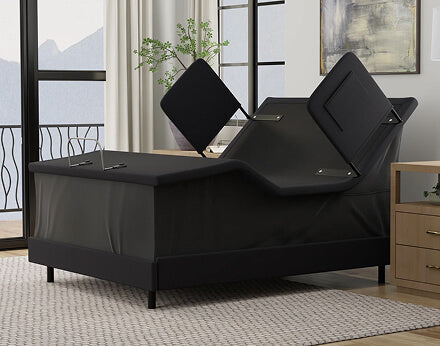



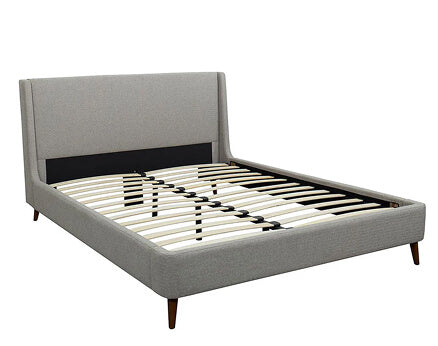
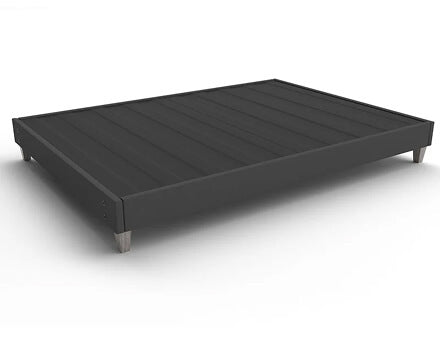
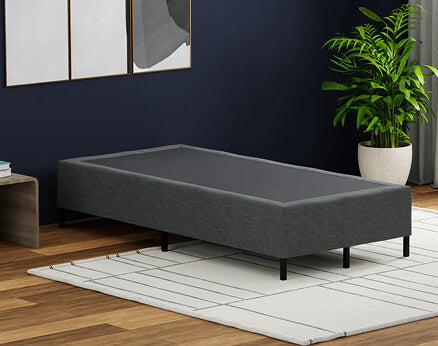

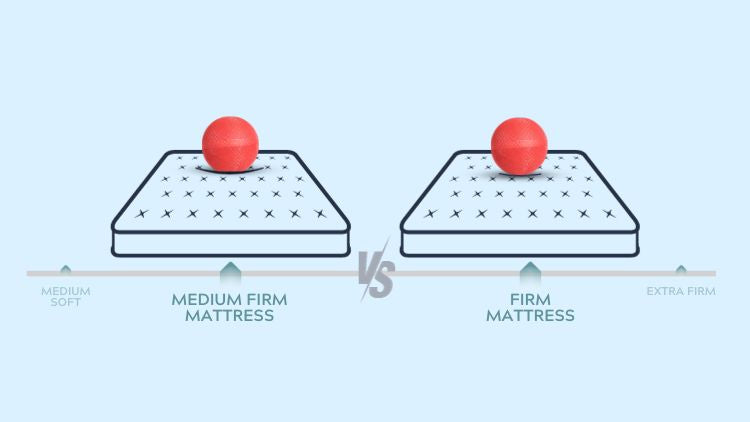
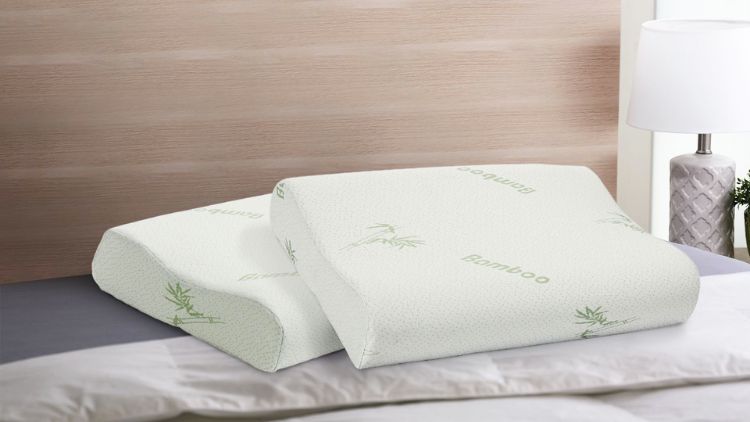
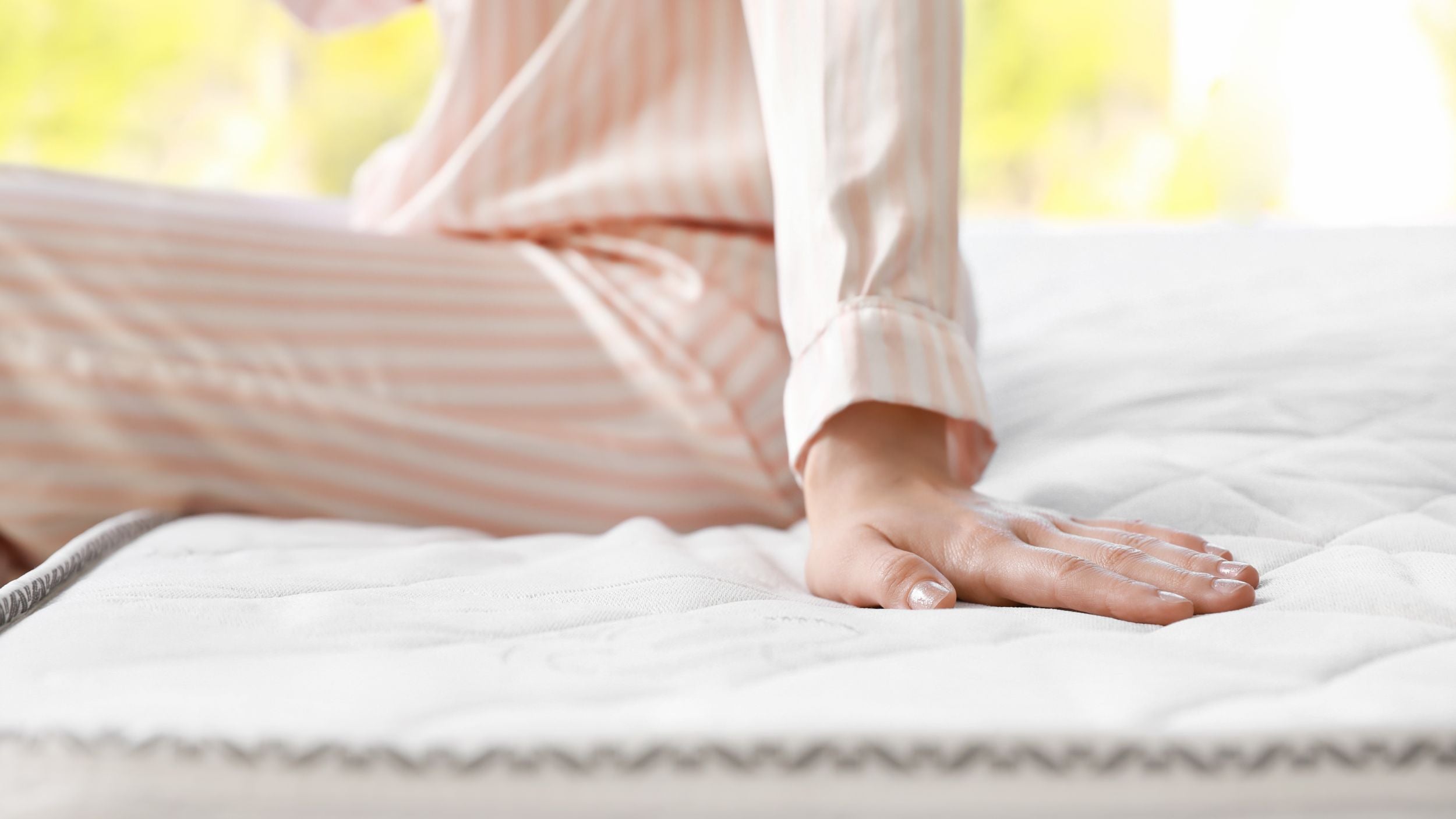
Leave a comment
This site is protected by hCaptcha and the hCaptcha Privacy Policy and Terms of Service apply.